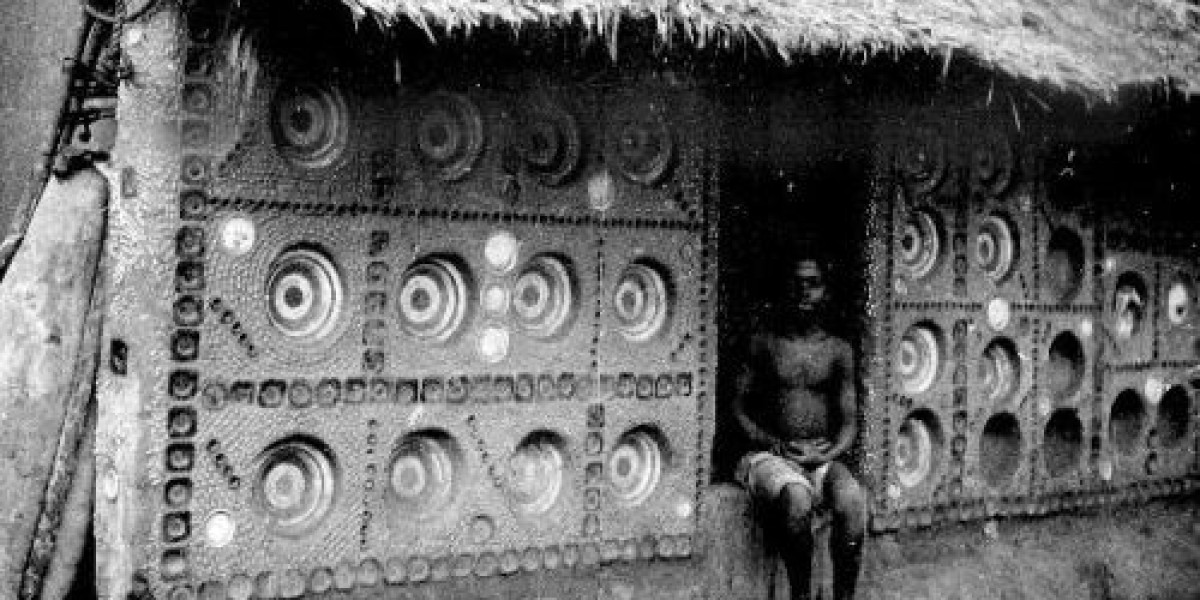Steve Bull is a former professional footballer who played for Wolverhampton Wanderers from 1986 to 1999. He is the club’s all-time leading scorer with 306 goals and a fan favourite for his passion, work ethic and loyalty. He also represented England 13 times, scoring four goals, and became one of the few players to play for his country while in the third tier of English football. This is his story.
Early Life and Career
Steve Bull was born on March 28, 1965, in Tipton, Staffordshire, England. Growing up in the West Midlands, he developed a deep love for football at a young age. His childhood was marked by a love for the sport, and he honed his skills on local youth teams, laying the foundation for his future career as a footballer.
Bull left school in 1981 and joined non-league Tipton Town, where he impressed with his goalscoring ability. He also worked in various factories to supplement his income. In 1984, he was spotted by West Bromwich Albion scout Sid Day, who recommended him to the club. Bull signed for the Baggies and made his debut in 1985, scoring two goals in six appearances in his first season.
However, Bull did not get many opportunities at West Brom, as he was competing with more established strikers like Cyrille Regis and Garth Crooks. He only played seven more games for the club, scoring three goals, before he was sold to their local rivals Wolverhampton Wanderers in 1986.
Wolves Legend
Bull’s move to Wolves was initially met with skepticism and confusion by the fans, as he was an unproven player from a lower division. Wolves were in a dire situation, having been relegated to the Fourth Division and facing the threat of bankruptcy. They needed a miracle to revive their fortunes, and Bull turned out to be that miracle.
Bull quickly adapted to his new surroundings and formed a lethal partnership with Andy Mutch, another signing from West Brom. Together, they scored 52 goals in the 1986-87 season, helping Wolves win the Fourth Division title and the Football League Trophy. Bull scored 34 of those goals, breaking the club record for most goals in a season.
Bull continued his prolific form in the following seasons, scoring 50 goals in 1987-88 and 48 goals in 1988-89, as Wolves won back-to-back promotions to the Second Division. He also became the first player to score four goals in a game at Wembley, when he netted a hat-trick and a penalty in the 1988 Football League Trophy final against Burnley.
Bull’s exploits did not go unnoticed by the national team, and he was called up by England manager Bobby Robson in 1989. He made his debut against Scotland at Hampden Park, scoring the winning goal in a 2-0 victory. He went on to score three more goals for England, including a brace against Czechoslovakia at the 1990 World Cup, where he was part of the squad that reached the semi-finals.
Bull remained loyal to Wolves throughout his career, despite interest from bigger clubs like Manchester United and Liverpool. He helped Wolves reach the FA Cup semi-finals in 1998 and the play-off final in 1999, but missed out on promotion to the Premier League. He retired from playing in 1999, after suffering a knee injury. He had played 561 games for Wolves, scoring 306 goals, and became the club’s record goalscorer and appearance maker.
Legacy and Honours
Steve Bull is widely regarded as one of the greatest players in Wolves’ history and one of the best strikers of his generation. He is revered by the fans for his dedication, loyalty and passion for the club. He has a stand named after him at the Molineux Stadium and a statue outside the ground. He was awarded the MBE in 1999 for his services to football and the community.
Bull has also received several individual honours, such as:
PFA Team of the Year: 1988-89, 1989-90, 1991-92, 1994-95
Football League Third Division Player of the Year: 1988-89
Football League Second Division Player of the Year: 1989-90
Wolverhampton Wanderers Player of the Year: 1988, 1989, 1990, 1991, 1992, 1993, 1994, 1995, 1997
Wolverhampton Wanderers Hall of Fame: 2010
English Football Hall of Fame: 2015
Bull is currently the vice-president of Wolves and runs his own charity, the Steve Bull Foundation, which supports various causes in the West Midlands. He is also a popular pundit and speaker, sharing his insights and anecdotes from his illustrious career.
Steve Bull Net Worth
Steve Bull is a former professional footballer who played for Wolverhampton Wanderers and England. He is also a vice-president of Wolves and runs his own charity, the Steve Bull Foundation. His net worth is estimated to be between $100,000 and $1 million.
He earned most of his money from his football career, where he scored over 300 goals for Wolves and four goals for England. He also received several individual honours, such as the MBE and the English Football Hall of Fame. He is considered one of the greatest players in Wolves’ history and one of the best strikers of his generation.
Controversy And Activism Of Steve Bull
Steve Bull is a former professional footballer who played for Wolverhampton Wanderers and England. He is also a vice-president of Wolves and runs his own charity, the Steve Bull Foundation. He is considered one of the greatest players in Wolves’ history and one of the best strikers of his generation.
As far as I know, Steve Bull has not been involved in any major controversy or activism during or after his playing career. He has been praised for his loyalty, dedication and passion for the club and the community. He has also been awarded the MBE for his services to football and charity.
However, some of his opinions and comments have been criticized by some fans and media outlets. For example, in 2018, he said that he would not want to see Wolves sign any more Portuguese players, as he felt they lacked the physicality and mentality of the English game. He also said that he did not like the style of football that Wolves played under manager Nuno Espirito Santo, and that he preferred the more direct and aggressive approach of his former boss Graham Turner.
These remarks were seen as disrespectful and outdated by some Wolves supporters, who felt that Bull was out of touch with the modern game and the club’s progress. They also pointed out that Wolves had several Portuguese players who were key to their success, such as Ruben Neves, Joao Moutinho and Diogo Jota .
Bull later clarified his comments, saying that he did not mean to offend anyone and that he was proud of Wolves’ achievements. He also said that he respected Nuno and his players, and that he was happy to see Wolves in the Premier League.
Bull has also been vocal about his support for Brexit, saying that he voted to leave the European Union because he wanted to see Britain regain its sovereignty and control over its borders. He said that he was not a racist or a xenophobe, and that he had nothing against foreigners, but that he wanted to see Britain make its own decisions and laws.
Bull has also expressed his views on other topics, such as racism, mental health, gambling and VAR. He has said that he experienced racism during his playing days, and that he was against any form of discrimination in football and society. He has also said that he suffered from depression after retiring from football, and that he sought professional help to cope with his emotions.
He has also said that he was addicted to gambling during his career, and that he lost a lot of money and nearly ruined his marriage. He has also said that he was not a fan of VAR, and that he preferred the human element and the spontaneity of the game .
These are some of the examples of Steve Bull’s controversy and activism. He is a legend of Wolves and English football, and an inspiration to many aspiring footballers. He is also a man who speaks his mind and shares his opinions, whether they are popular or not. He is, in his own words, “just a lad from Tipton who loved playing football”.
Conclusion
Steve Bull is a true legend of Wolves and English football, and an inspiration to many aspiring footballers. He is a testament to the power of hard work, determination and loyalty, and a reminder of the joy of scoring goals. He is, in his own words, “just a lad from Tipton who loved playing football”.










